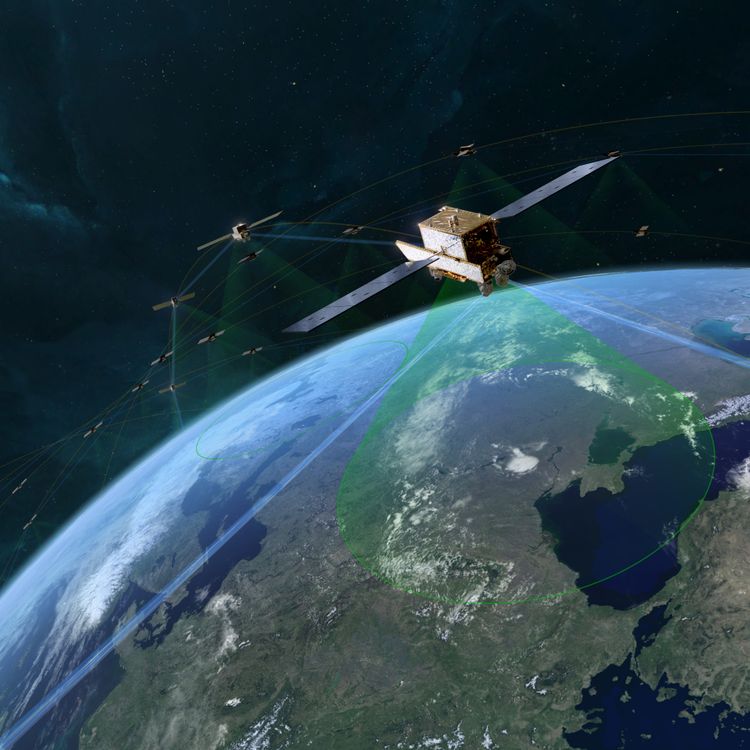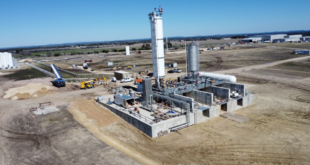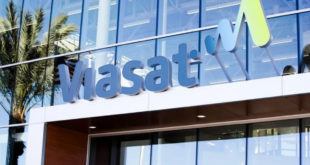
Ibadan, 31 October 2023. – Northrop Grumman Corporation has received an agreement with a total potential value of approximately $732 million to design and build 38 data transport satellites, from the Space Development Agency (SDA). These satellites will support Tranche 2 Transport Layer – Alpha (T2TL-Alpha), the latest iteration of SDA’s low-Earth orbit Proliferated Warfighter Space Architecture (PWSA). ,
The announcement follows an August 2023 award to Northrop Grumman of 36 satellites as part of Tranche 2 Transport Layer – Beta (T2TL-Beta). Furthermore, the contract includes supporting ground elements and five years of operations and sustainment with the satellites scheduled to launch starting December 2026. Northrop Grumman would consequently approach the PWSA contracts by combining its satellite technology and mission experience with strategic commercial partnerships to move at the pace the environment demands.
Blake Bullock, vice president of communication systems at Northrop Grumman, said, “Northrop Grumman, in partnership with our industry teammates, fully commits to the Space Development Agency’s vision of fielding a next-generation, low-Earth orbit architecture connecting and protecting our warfighters wherever they serve.” Bullock also added, “Our Northrop Grumman team is bringing our deep Military SATCOM experience to this mission, and we’re executing on our commitments.”
SDA’s Proliferated Warfighter Space Architecture (PWSA) has two major lines of effort. The Transport Layer will provide low-latency, high-volume data connectivity to support U.S. military missions worldwide. On the other hand, The Tracking Layer will detect, track and ultimately target hypersonic and ballistic missiles. Both layers will also be interoperable in space through a common data standard that enables satellites from different manufacturers to communicate seamlessly with one another. As a result, these satellites will be able to connect elements of an integrated sensing architecture in a bid to create a network that will deliver persistent, secure connectivity.
 SpaceWatch.Global An independent perspective on space
SpaceWatch.Global An independent perspective on space




